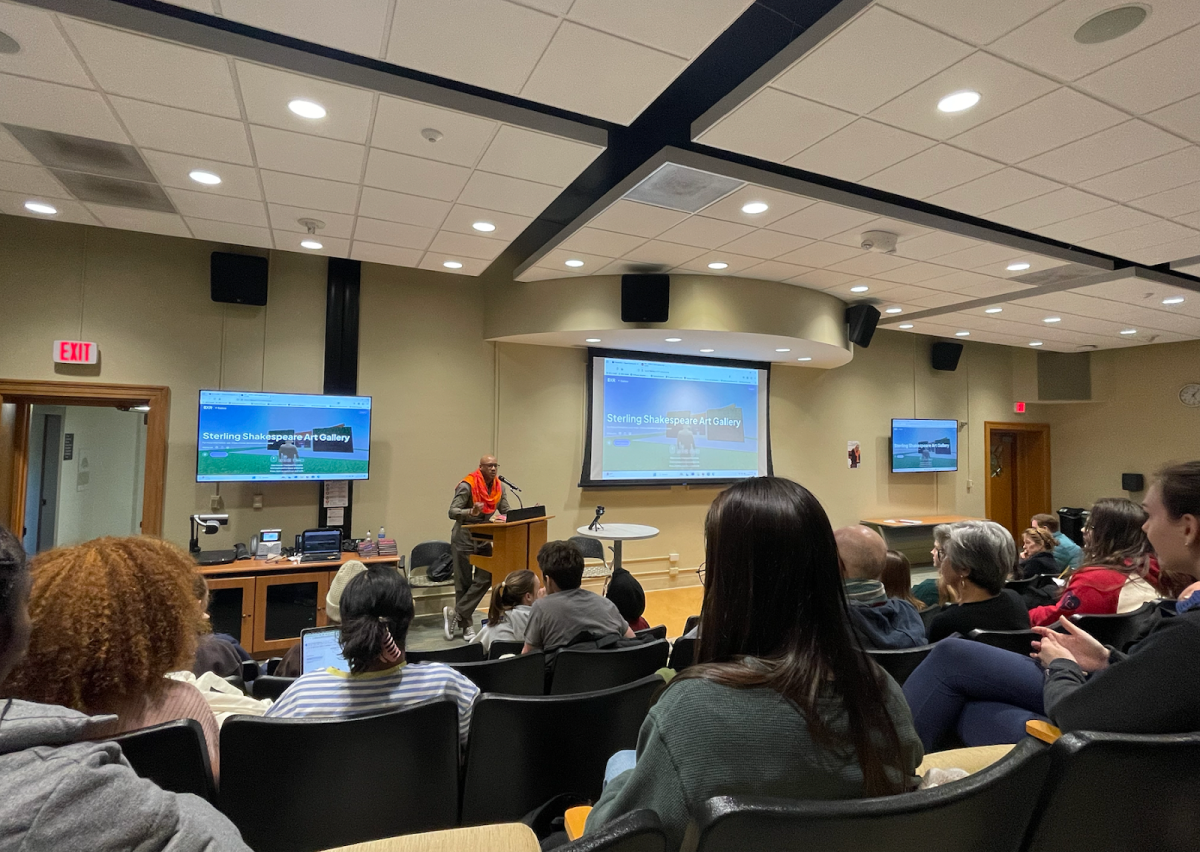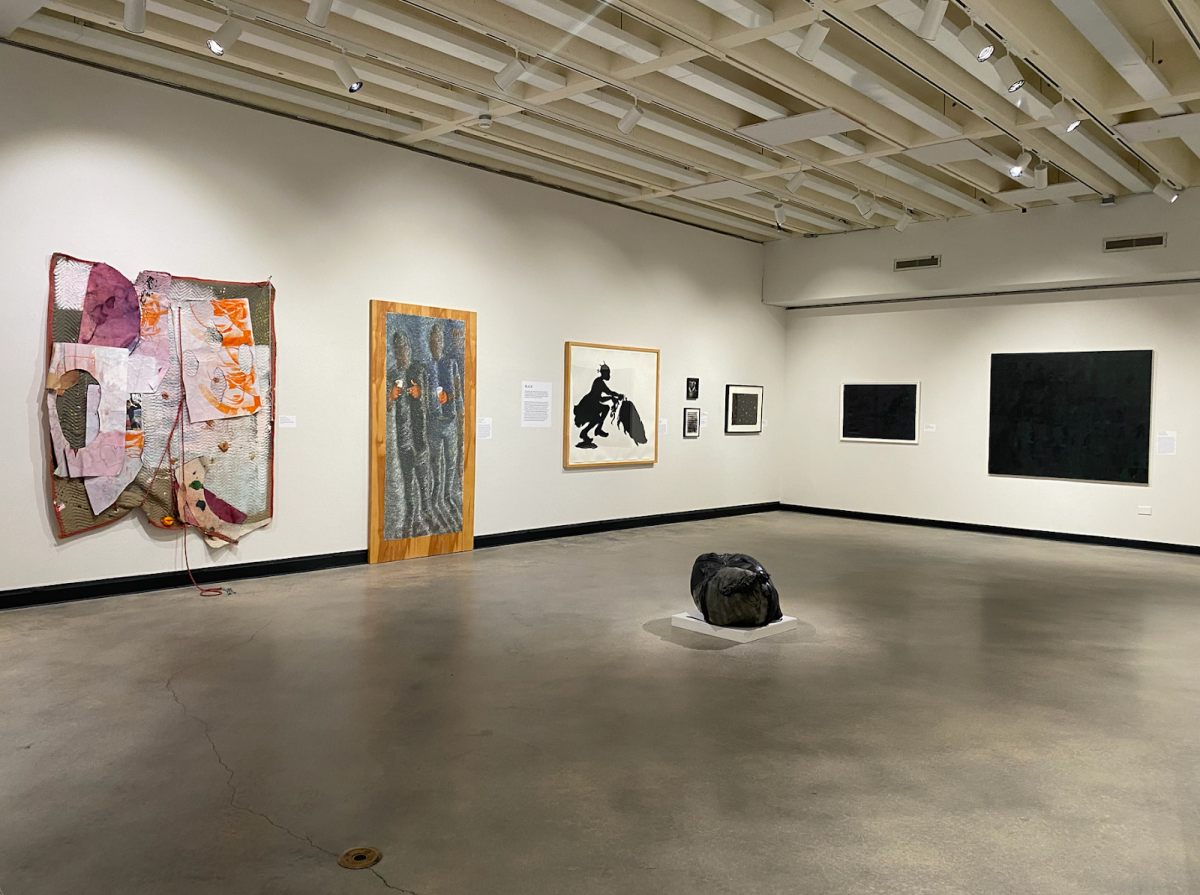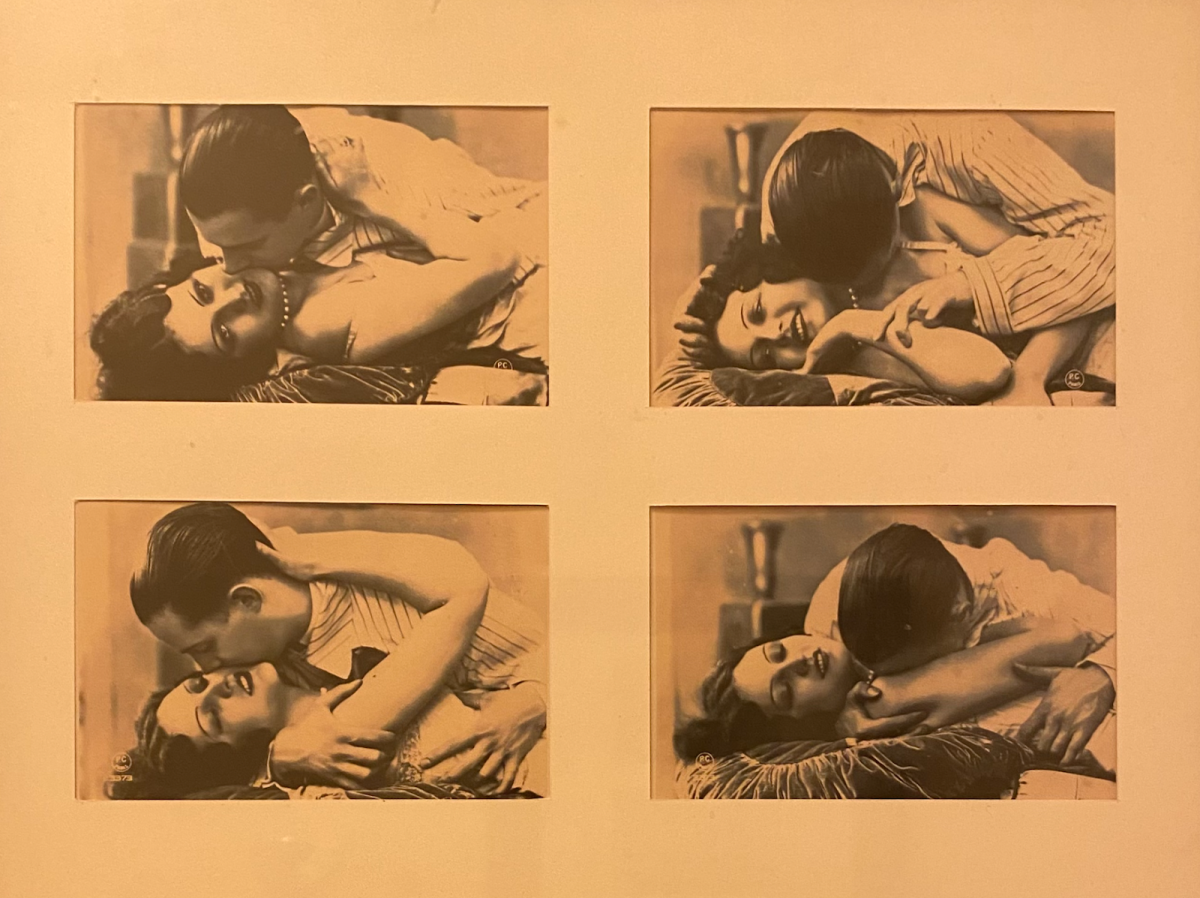Many students are starting to apply for jobs and internships. As a result, interview season is about to begin. However, there is no need to stress. With the help of these tips and the Office of Career and Personal Development, interviewing has never been easier.
Interview Prep
You may or may not already know this, but before a big interview, you need to do your homework. While this may sound terrible, doing research may be the crucial factor to landing the job. Oftentimes employers expect interviewees to come prepared with detailed knowledge of their company. It’s not like they’re going to give you a quiz or anything when you arrive, but during the interview, it’s important to flex your knowledge of the company in your questions and responses. This shows them that you are genuinely interested in working there, while it also shows great initiative and drive on your part. In addition to this, make sure you know what your career goals, strengths, weaknesses and accomplishments are.
Questions
I mentioned earlier that you should have questions. Don’t enter an interview expecting to be interrogated. The interview process is supposed to be a conversation. Yes, the interviewer is trying to see if you’re a good fit for their company, but you also need to make sure this company is a good fit for you. Some good questions to ask include: what are the opportunities for growth? How would you describe the work environment? It’s extremely important to get a feel for how everyday life is in the company because you don’t want to take a job with a slow-paced work environment when you need a fast-paced environment to be successful.
Elevator Pitch
This typically refers to a brief persuasive speech typically related to selling a product. In this case, the product is you. Your elevator pitch should always be in the back of your mind because you never know who you may meet while getting your morning coffee. However, you need to make sure you have it mastered by the time you walk into your interview. This pitch should contain who you are, cite examples of experience you have in the particular field of the potential employer and detail how that experience can help the potential employer’s company. Don’t sell yourself short, either. It’s important to remember that you’re being hired to help them.
Proper Clothes
This may seem obvious, but make sure you dress appropriately for the interview. I’m not saying you have to dress in a suit for every interview; it depends on the company dynamic. There are two general ways to dress: business casual and business professional. Business casual basically just means nice pants and a shirt, a dress or a skirt. However, you should not wear jeans or sun dresses. If your situation calls for a more professional look then whip out a suit jacket, dress pants or dress skirt. Make sure the suit is a solid color, and stray away from colored suits or patterns.
Behavioral Interview
When I say behavioral interview, I mean the thing we all traditionally associate with interviews. These interviews are the most common type of interview among employers. As I mentioned earlier, prep for the interview. Look up facts about the company including major competitors, financials and any recent news about the company. Great places to do this are on websites such as Glassdoor, Vault and Careershift.
Phone/Virtual Interview
Phone and virtual interviews are very similar to regular interviews, aside from the fact that you’re on the phone instead of in person. While a phone or virtual interview may make you feel less anxious, you should still do the same amount of prep and dress appropriately. However, there is one huge aspect of a phone interview that you need to keep in mind. There’s a good chance you’ll be video chatting with your potential employer. With that being said, make sure your room is appropriate as well. You don’t want to get halfway through and interview and have the interviewer comment on a questionable poster hanging on your wall. In addition to this, make sure your camera is at eye level. Don’t look down at the computer, as it will look awkward to the interviewer.
Case Interview
Case interviews are typically conducted by consulting firms, so you may or may not have heard of them. Whether you have or not, don’t let them scare you. A case interview is essentially an assessment of your thought process. The interviewer will hand you a case, typically a business problem, and you’ll be expected to use your critical thinking skills to solve it. One good way to go about this is honestly word vomit. Say your entire thought process out loud because, like I said earlier, that’s what they’re assessing.











